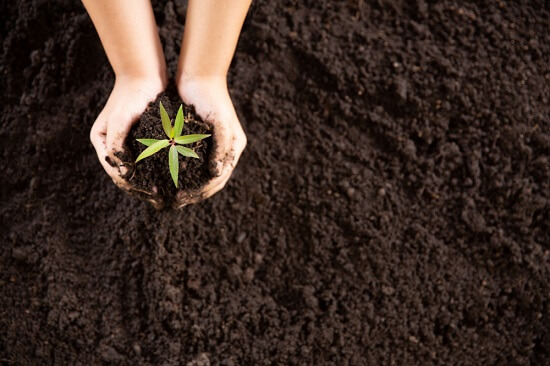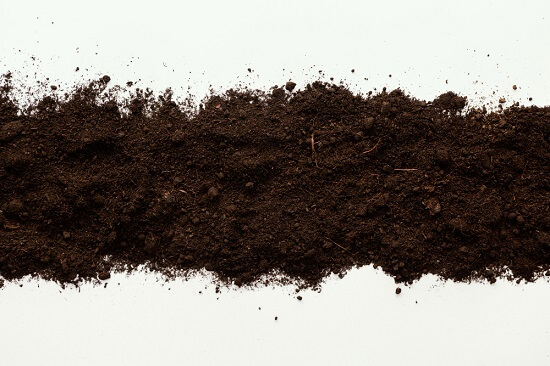Adding mushroom compost to your garden is a great way to improve the quality of your soil and help your plants grow. This compost is rich in nutrients, and it helps to break down clay and compacted soils. It also helps to suppress weeds and diseases. In this blog post, we will discuss the benefits of using such compost in your garden, and we will provide some tips on how to use it correctly!
What Is Mushroom Compost and How Is It Made?
Mushroom compost is a type of slow-releasing plant fertilizer that is also organic. Mushroom farmers produce compost with organic substances like hay, straw, corn cobs, and shells, as well as horse manure. Because the mushroom growing process varies from one grower to the next, various compost formulations may vary somewhat. For example, more additives like peat moss, soybean meal, lime, and other organics can also be added to the compost.
The compost is first steam-pasteurized to eliminate weed seeds and other hazardous chemicals. Then the mushroom spawn is added, and a mixed layer of sphagnum moss and lime is applied to the top of the mound for mushroom growth. During the three to four weeks it takes to process mushroom compost, growers check on it frequently to guarantee that the right temperatures are maintained. After the composting operation is finished, any excess compost is disposed of and sold as fertilizer.

What Are the Benefits of Using Mushtoom Compost?
There are many benefits to using such compost in your garden. This compost can improve the quality of your soil, and it can help your plants to grow healthier and stronger. It can also helps to suppress weeds and diseases.
When you use mushroom compost in your garden, you will notice that your plants will grow taller and fuller. The leaves will be a deeper green, and the flowers will be more vibrant. This type of compost can also help to improve the yield of your crops.
Mushroom compost is a great way to add nutrients to your soil, and it is an environmentally friendly way to fertilize your garden. If you are looking for a natural fertilizer that will improve the quality of your soil, this type of compost is a perfect choice!
Furthermore, this sort of compost is reasonably inexpensive. It may also be used as mulch, since it raises the soil’s water-retentive capacity, reducing your watering requirements.
How to Use This Kind of Compost in Your Garden
Mushroom compost can be used in a variety of ways in your garden. You can add it to your soil, or you can use it as a mulch. It can also be used to make liquid fertilizer.
To use mushroom compost in your garden, you will need to add it to your soil mix. You can till it into the top few inches of soil.
If you are using it as a mulch, you will need to spread it around the base of your plants. It can also be used to make liquid fertilizer. To make liquid fertilizer, you will need to steep mushroom compost in water for several weeks. After the compost has steeped, you can dilute it with water and use it to water your plants.
Something To Be Aware of When Using Mushroom Compost:
While this kind of compost is a great way to improve the quality of your soil, there is at least one thing you should consider before using it. High soluble salt levels were found in the mushroom compost. These salt levels can harm seeds that are germinating, destroy young seedlings, and damage plants that are salt-sensitive, for instance, rhododendrons and azaleas.
Mushroom compost is a versatile fertilizer that can be used in a variety of ways. When you use it in your garden, you will notice an improvement in the quality of your soil and the health of your plants! We hope you enjoyed reading
Have you ever used this kind of compost in your garden? Share your tips and experiences with us today!











